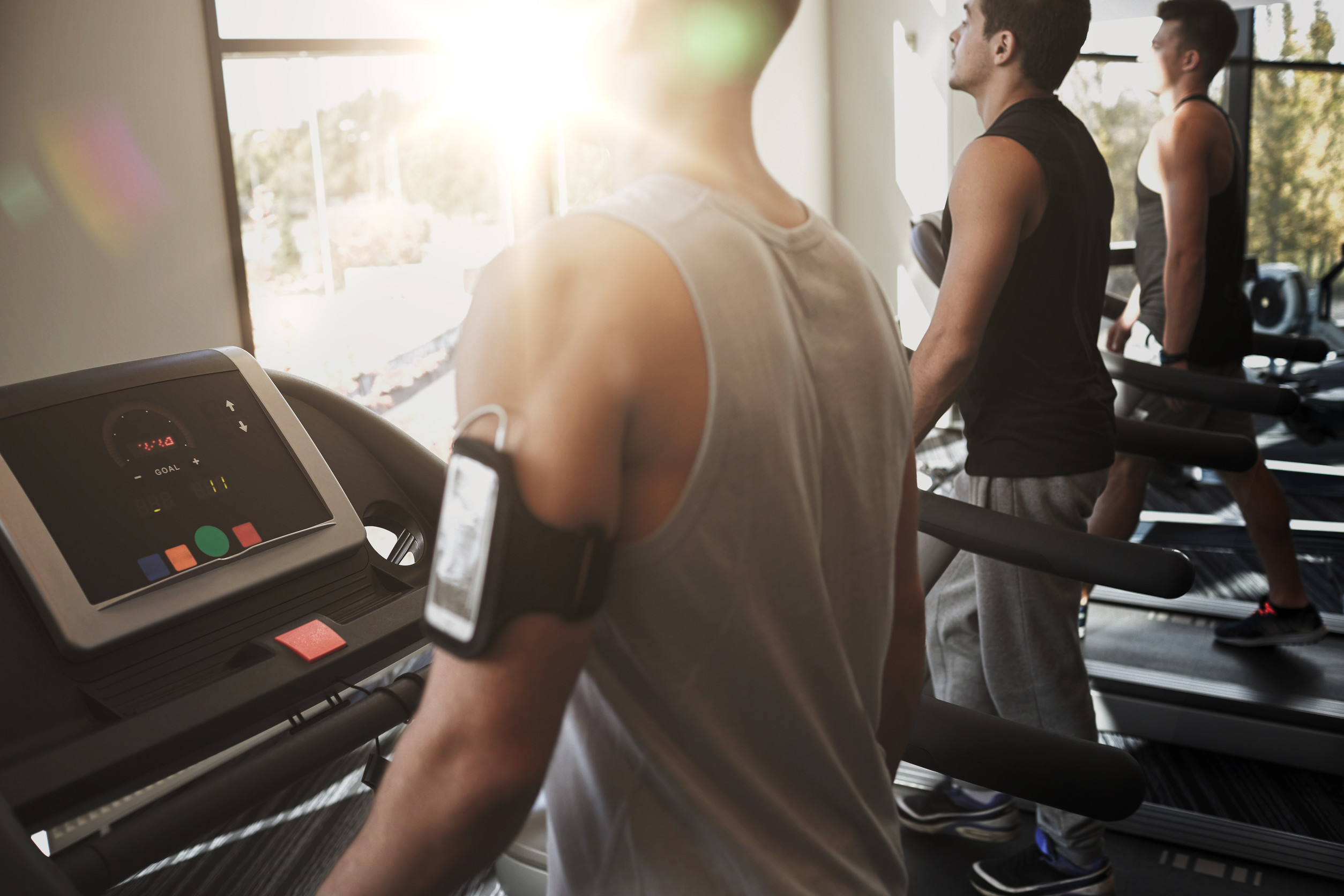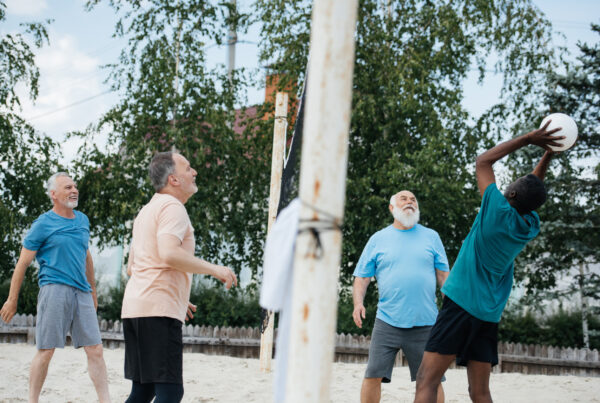”Question: Can you explain how exercise helps military members with recovery and resilience?
Reading time: 8 Minutes
MWi Hack:
- Research shows that exercise delivers powerful benefits beyond fitness – from boosting mood and sleep quality to reducing pain and anxiety – making it a natural intervention for optimal physical and mental health in the military community.
MWi Summary:
- Exercise significantly boosts mental health by increasing serotonin and endorphins, reducing anxiety and depression symptoms within 10-30 minutes of activity
- Regular physical activity improves sleep quality and duration by promoting natural recovery processes and regulating body temperature
- Exercise strengthens immune function through increased white blood cell production while reducing chronic disease risk
- Movement enhances pain tolerance and mobility, particularly beneficial for those managing chronic conditions
- Just 150 minutes of moderate weekly activity delivers these benefits, making it an accessible intervention for overall wellness
In an era where wellness trends come and go, exercise remains a cornerstone of holistic health with benefits far beyond weight management. As part of MWi’s Integrative Health Month, we explore the profound impact of physical activity on mental, emotional, and physiological wellness.
Mental Health & Cognitive Function
Research shows that just 10-30 minutes of exercise can significantly improve mood and cognitive function. Physical activity increases brain sensitivity to serotonin and norepinephrine while boosting endorphin production, creating a powerful defense against depression and anxiety. The benefits extend to memory and brain health – exercise promotes increased blood flow and oxygen to the brain, stimulating the growth of brain cells and potentially slowing age-related cognitive decline.
Sleep & Energy Management
While it may seem counterintuitive, regular physical activity is one of the most effective natural energy boosters. Exercise improves sleep quality by promoting restorative processes during rest and helping regulate body temperature. Studies demonstrate that both stretching and resistance training can enhance sleep duration and reduce the time needed to fall asleep – particularly beneficial for those struggling with chronic insomnia.
Chronic Disease Prevention
Regular physical activity serves as a crucial preventive measure against numerous chronic conditions. Studies indicate exercise can reduce the risk of type 2 diabetes, heart disease, and various cancers including breast, colorectal, and liver cancer. For those already managing chronic conditions, exercise can be a powerful tool for symptom management and improved quality of life.
Stress Resilience & Emotional Wellbeing
Exercise creates a powerful feedback loop between physical and mental wellbeing. During periods of stress, physical activity helps break the cycle of tension by releasing endorphins and relaxing muscles. This mind-body connection extends to emotional resilience – regular exercisers report higher self-esteem and improved body image, regardless of visible physical changes.
Pain Management & Mobility
Contemporary research challenges the old notion that rest is best for chronic pain. Moderate aerobic exercise can serve as a natural pain management tool by increasing pain tolerance over time. Additionally, exercise helps maintain mobility and flexibility, particularly crucial for aging populations looking to maintain independence and quality of life.
Immune System Support
Exercise increases the production of white blood cells and enhances overall immune function. While intense workouts might temporarily stress the body, consistent moderate exercise strengthens the immune system’s ability to fight off infections and reduce inflammation.
Practical Implementation
The Department of Health and Human Services recommends 150-300 minutes of moderate-intensity activity or 75 minutes of vigorous physical activity weekly. However, even small amounts of movement can yield benefits. The key is finding sustainable activities that you enjoy and can maintain long-term.
Integration into Daily Life
Consider physical activity as a lifestyle rather than a task. Simple adjustments like taking stairs instead of elevators, walking during phone calls, or engaging in active play with family can accumulate meaningful benefits over time. The goal is to make movement a natural part of your daily routine rather than an obligation.
As we continue through Integrative Health Month, remember that exercise is not just about physical transformation – it’s an investment in your overall wellness, supporting everything from brain health to emotional resilience. By understanding these comprehensive benefits, we can approach exercise not as a chore, but as a powerful tool for optimizing health at every level.






